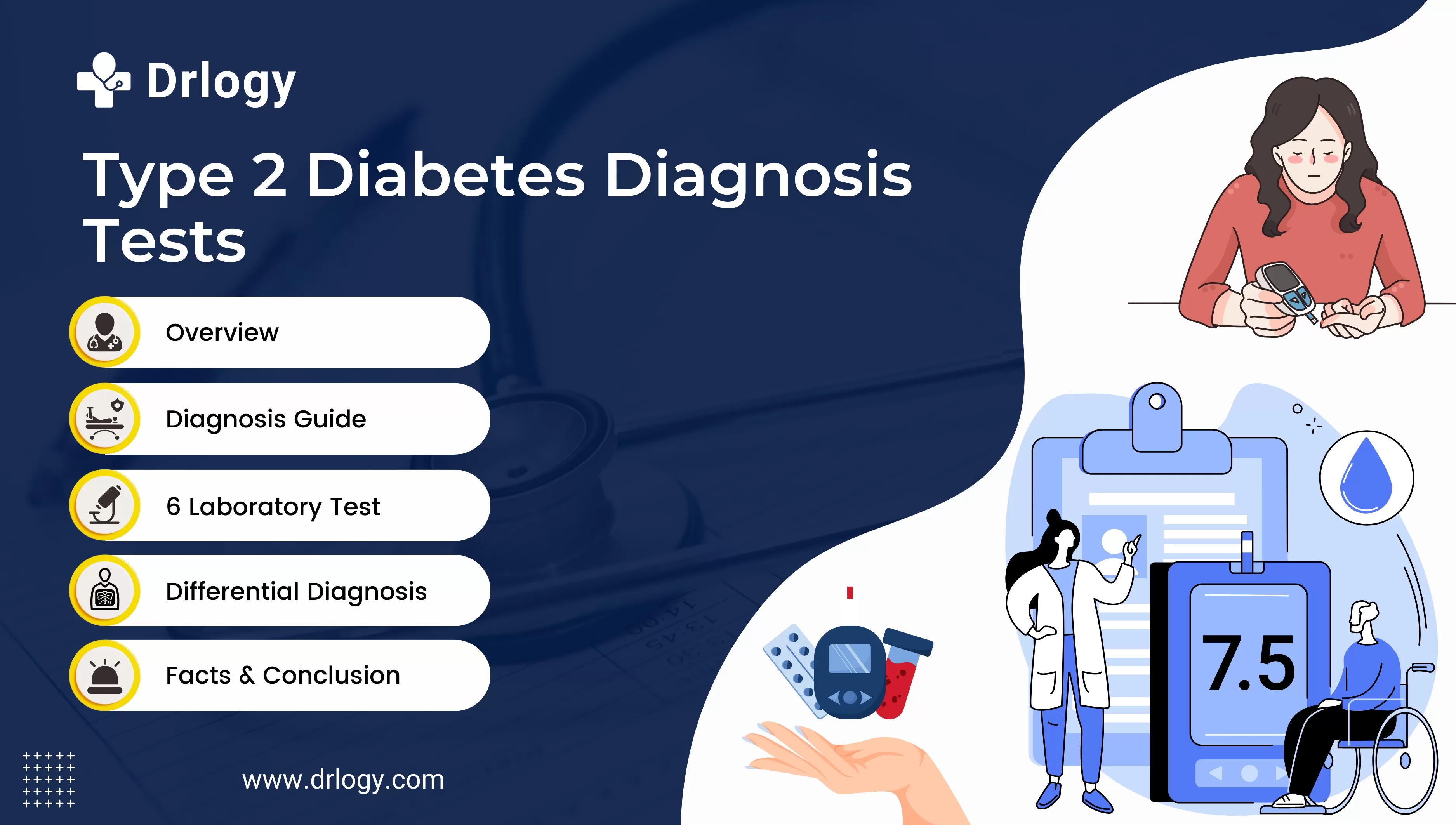menu
close



Drlogy
The Power To Health
Login
|
Register

10 Lakh+ Patients
22000+ Doctors
20000+ Hospitals, Clinics & Labs
Forgot
Practice
Forgot
 Drlogy
Drlogy








